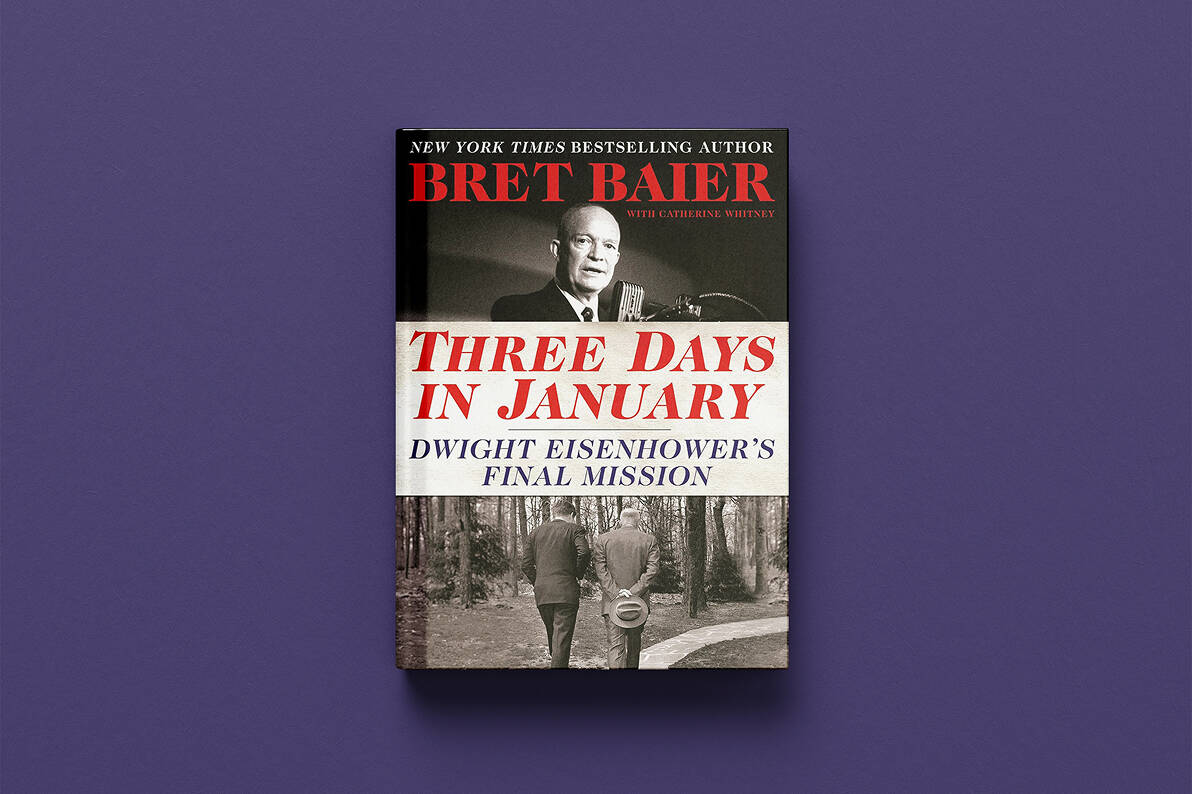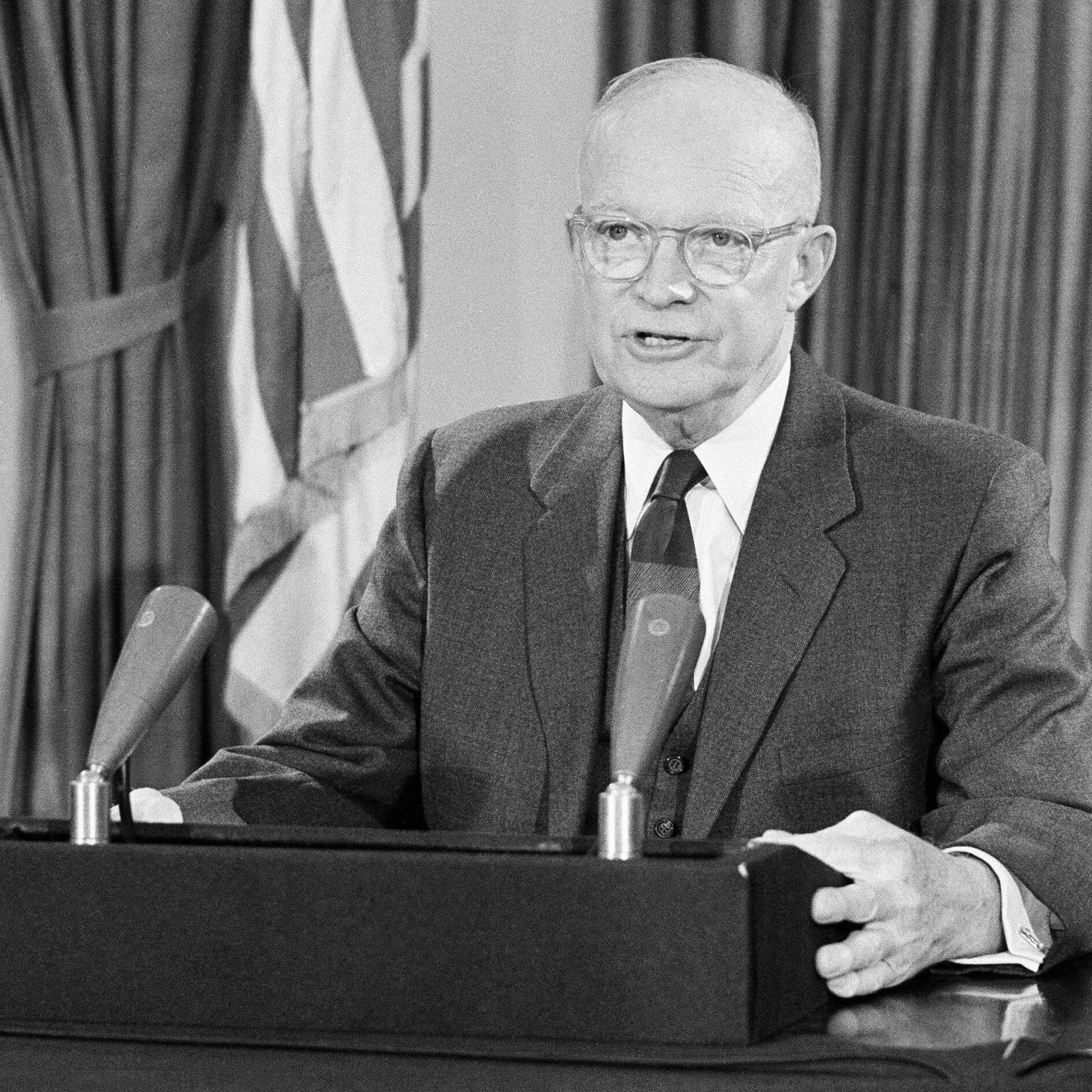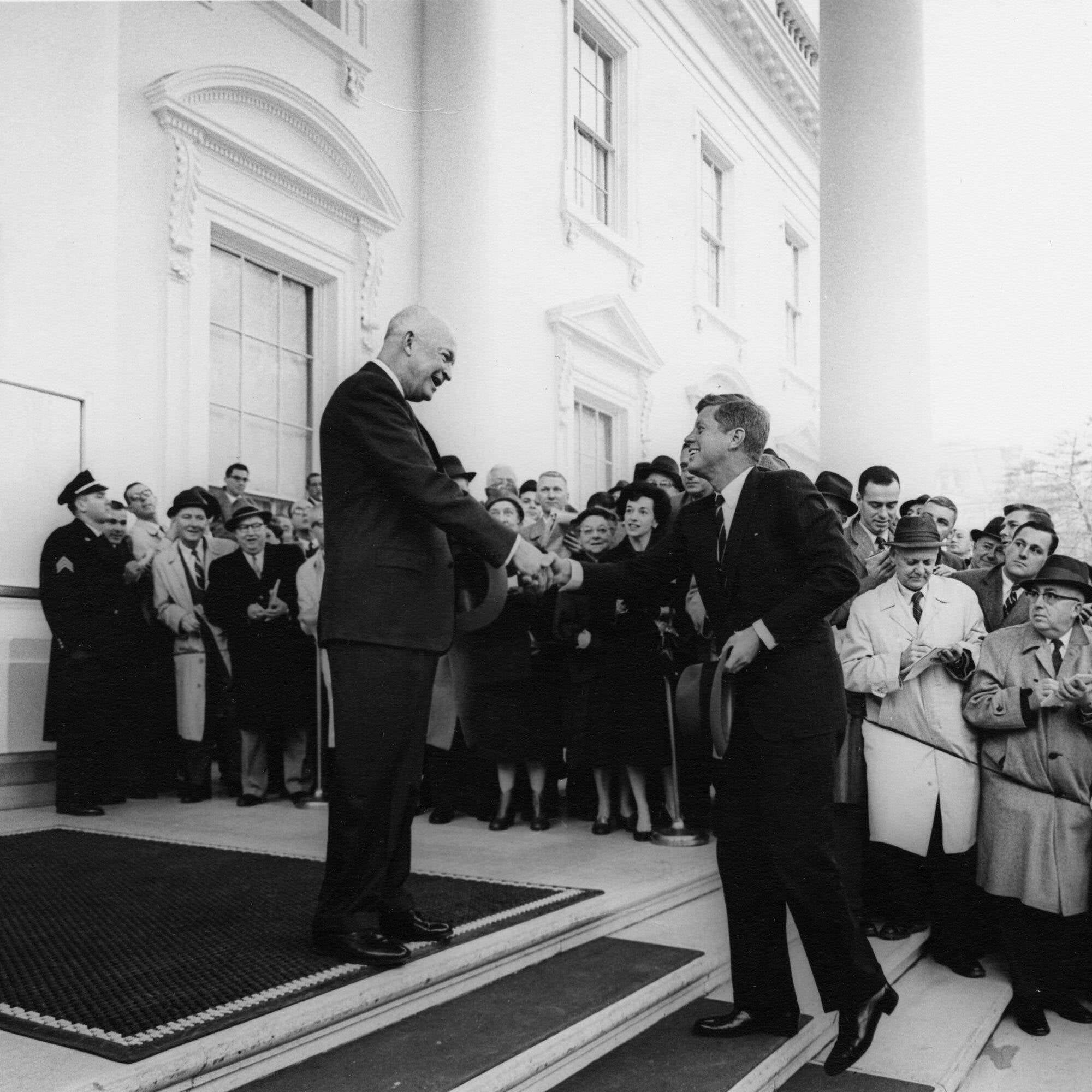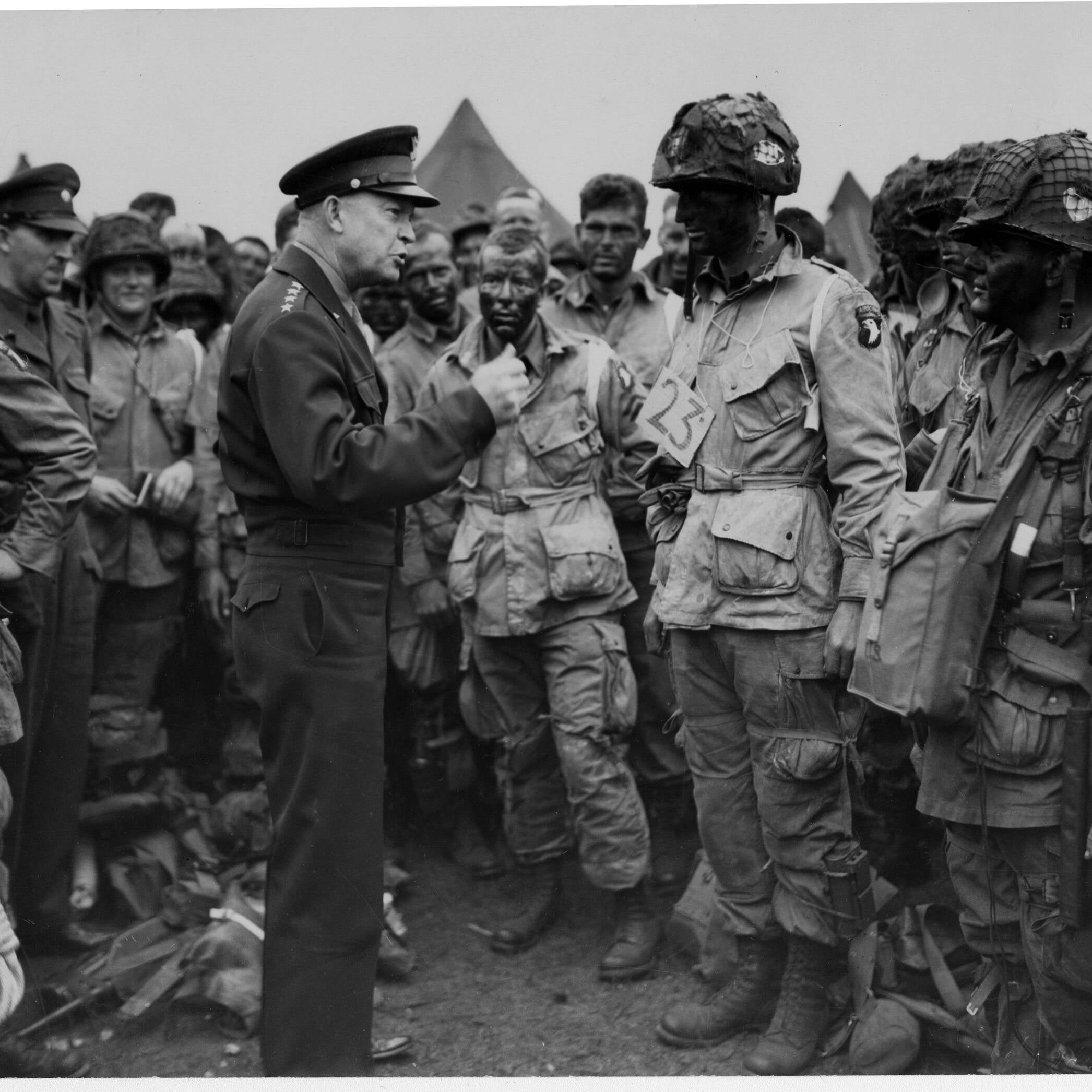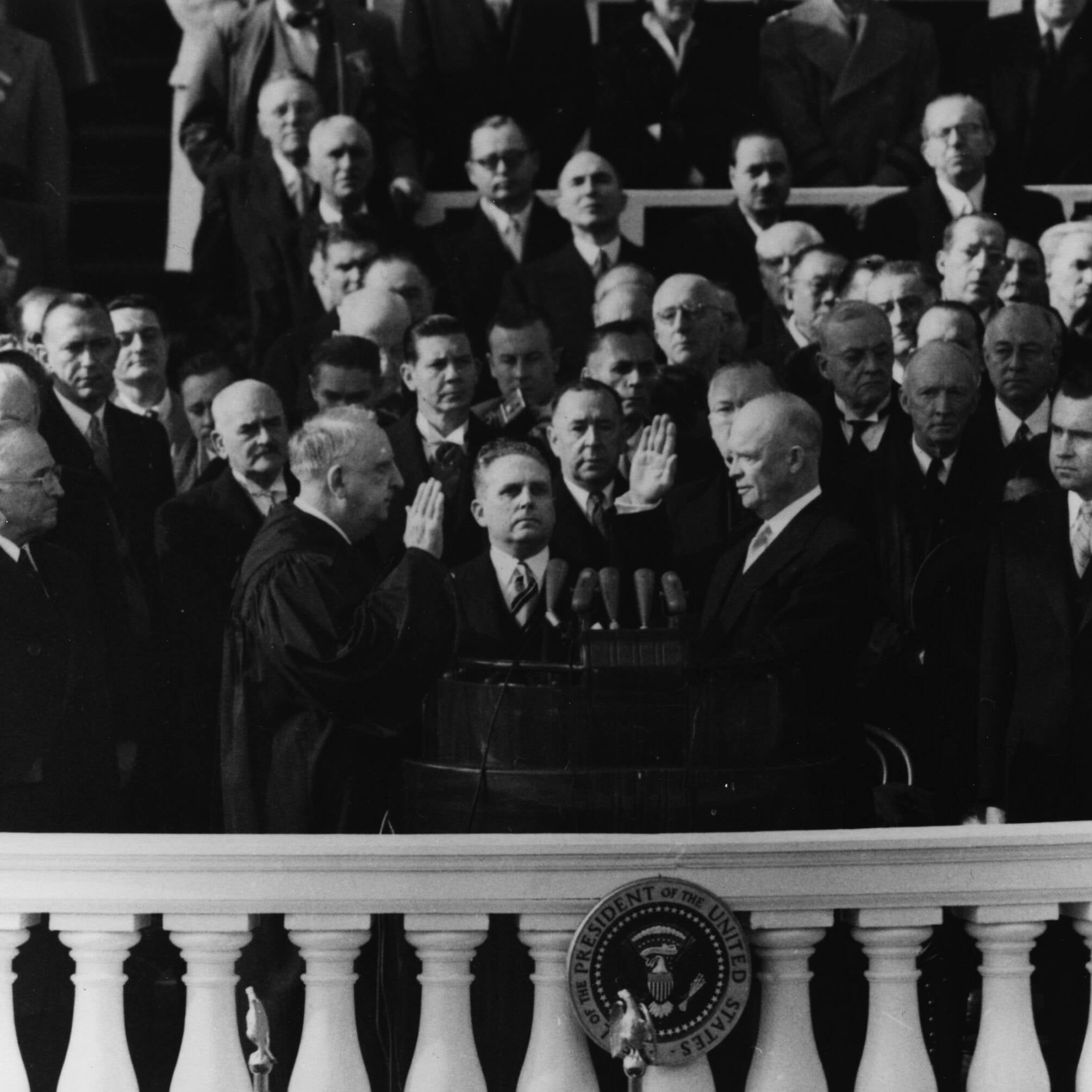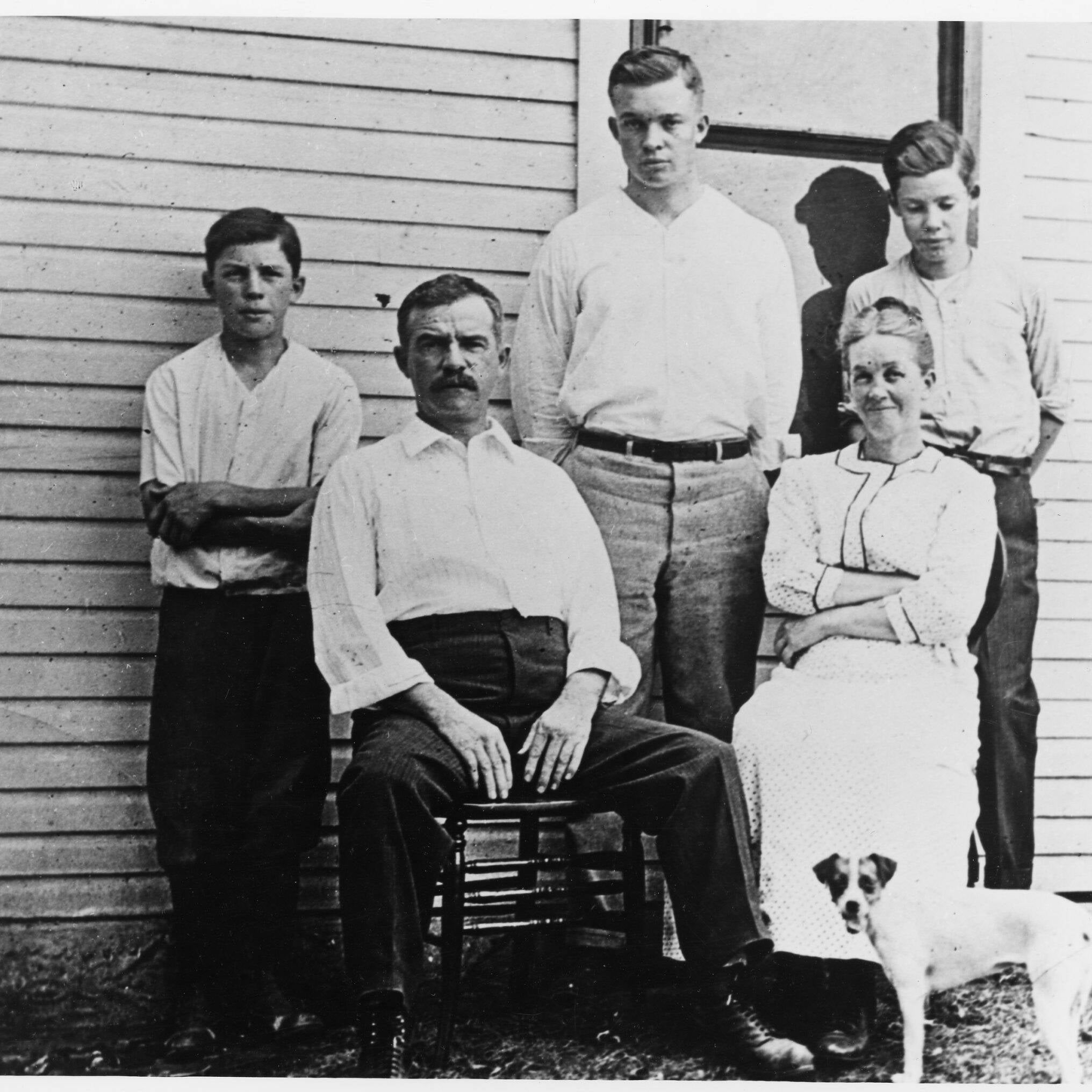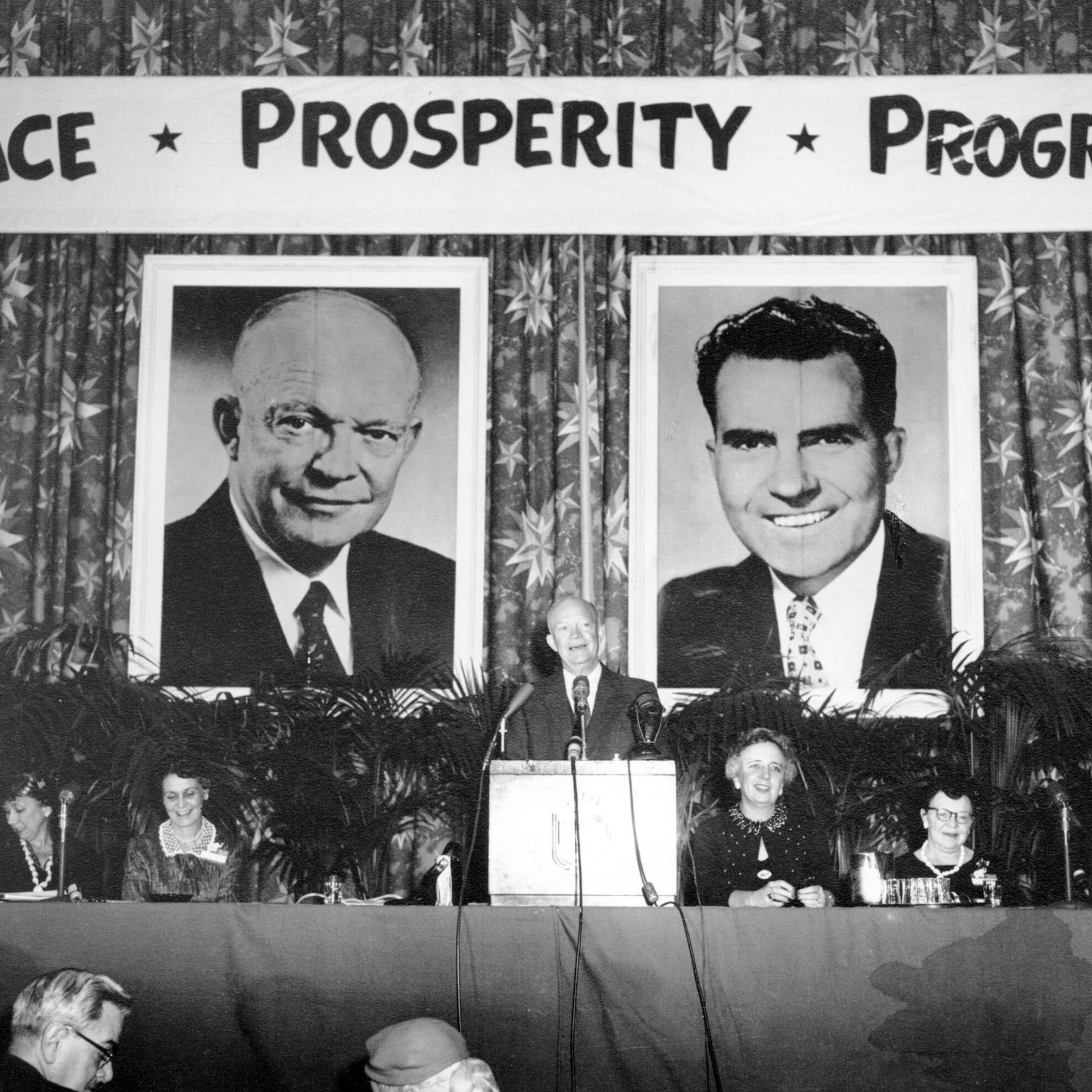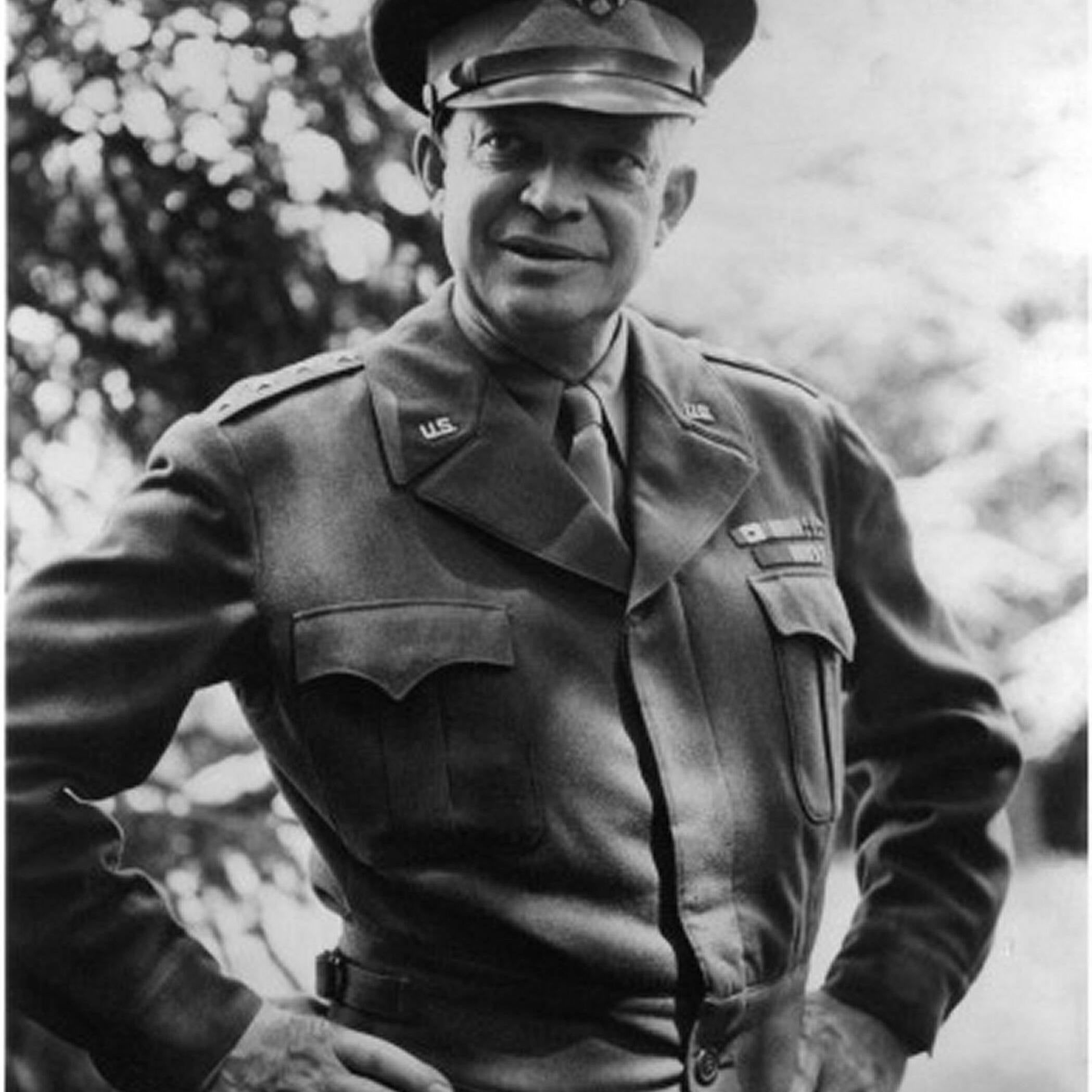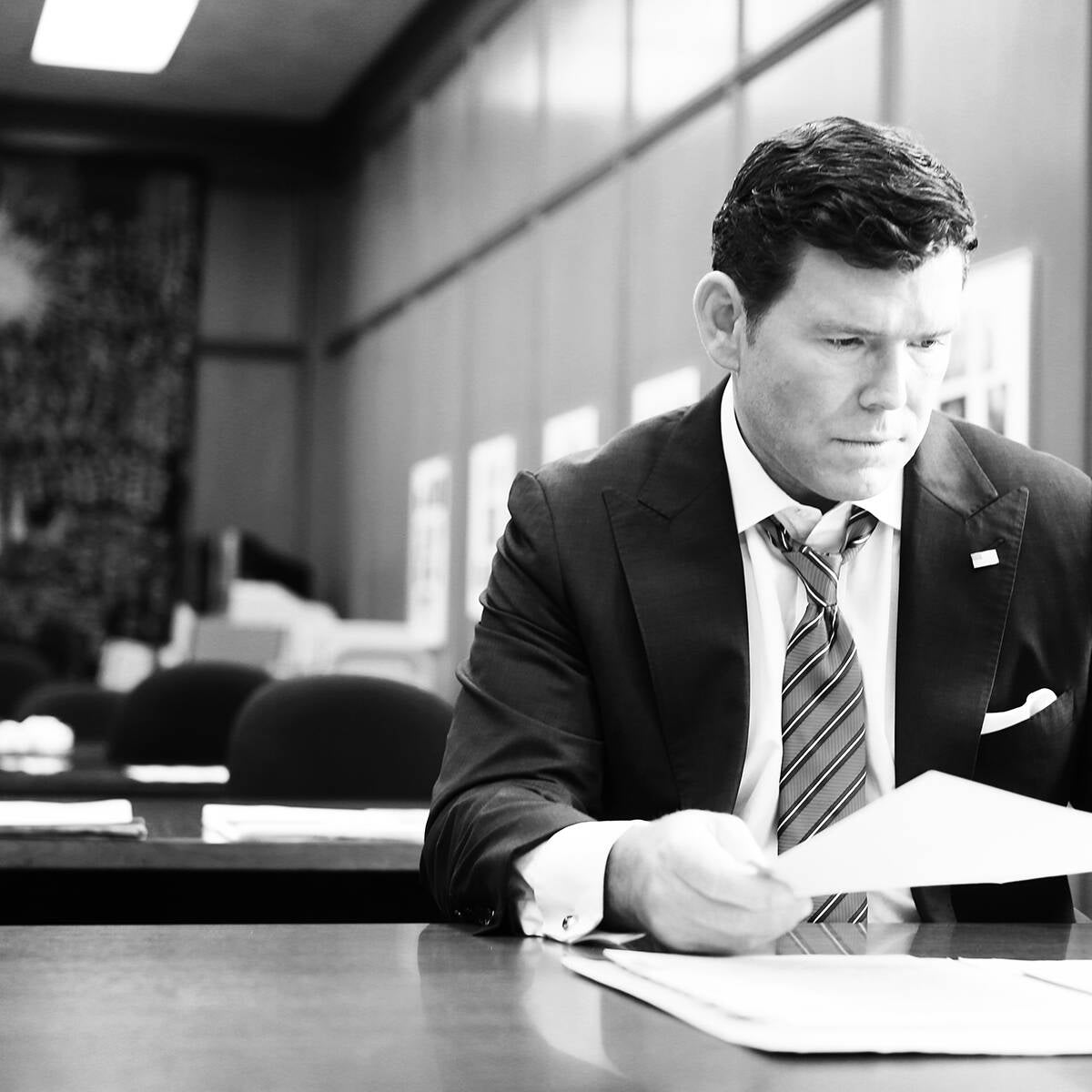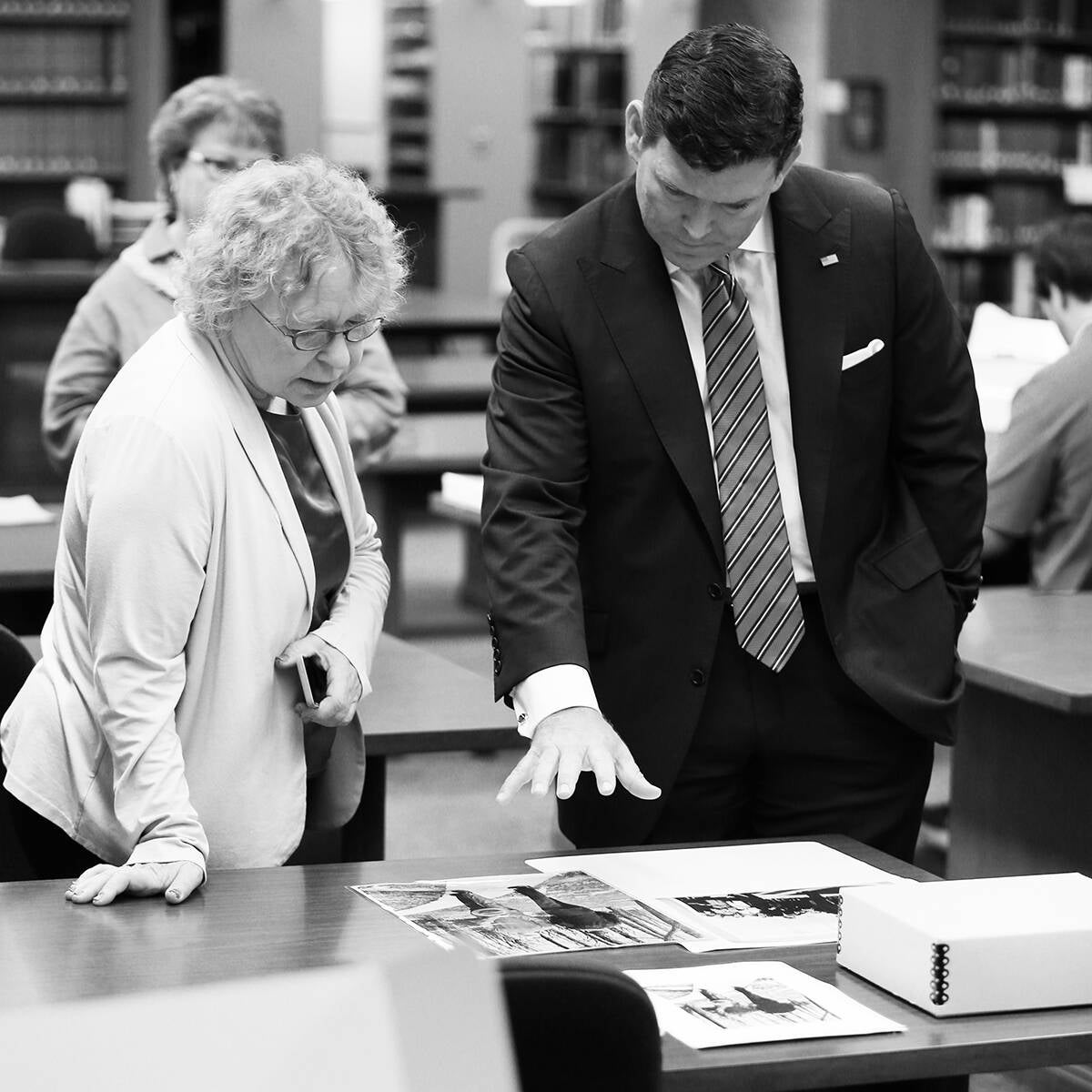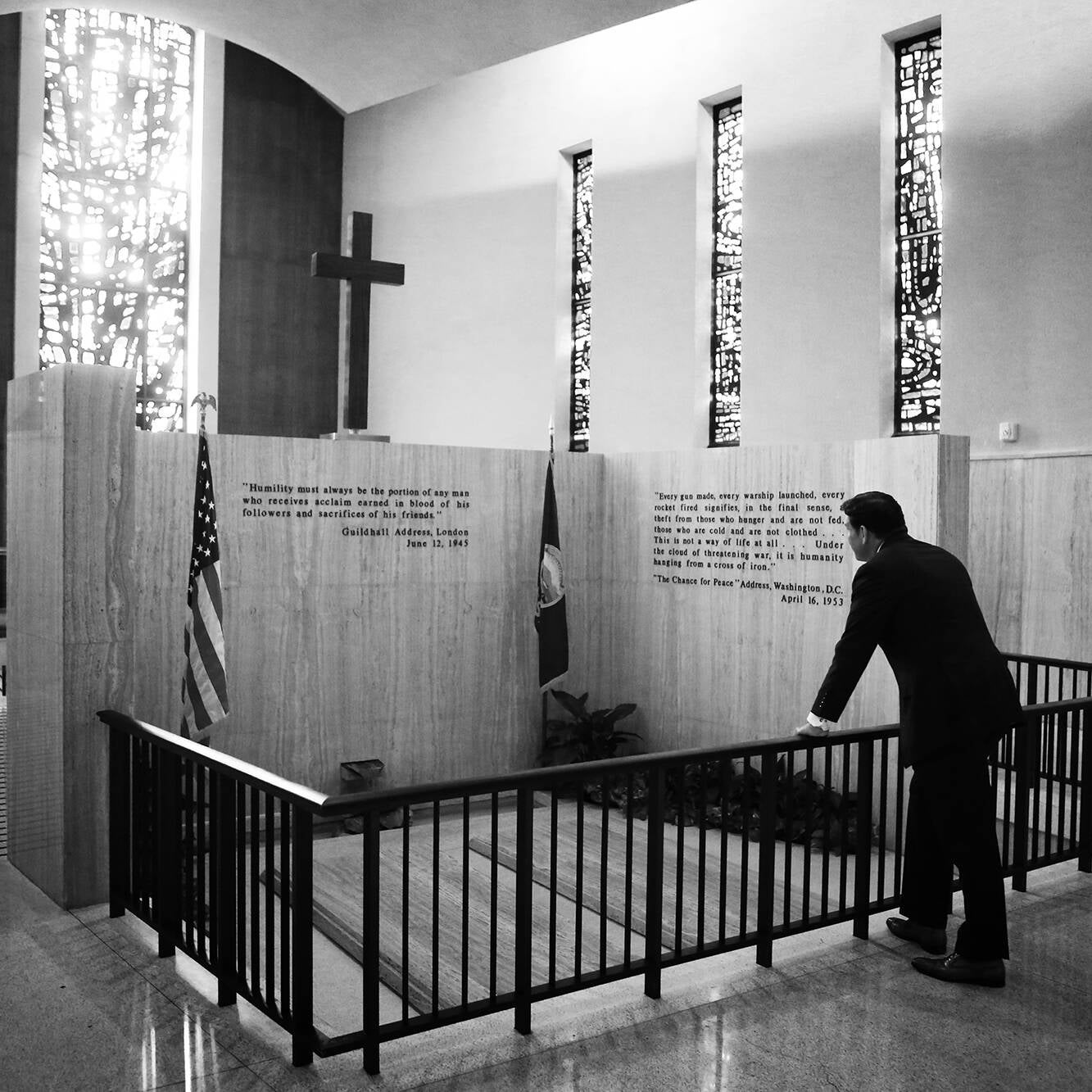In January 1961, two men prepared for the most significant change of power in a generation. In the course of three days Dwight D. Eisenhower and John F. Kennedy would both make speeches that resonate to this day. Three Days in January captures the dramatic tick-tock of that critical week and reveals what it means for us now as we approach a high stakes change of power in January 2017.
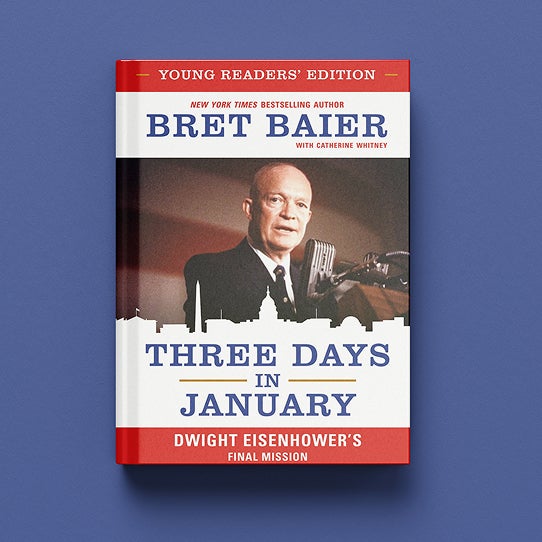
Three Days In January
Young Readers’ Edition
In the young readers’ edition of his New York Times bestselling book, Fox News Channel anchor Bret Baier tells the story of President Dwight D. Eisenhower’s final mission: passing the torch to his young successor, John F. Kennedy, and preparing both the country and the new president for the challenges ahead.
Bret Baier has given history a great gift – a riveting account of Dwight Eisenhower’s determination to call on his vast experience to prepare America for the perils of the new war, the cold war.Tom Brokaw, NBC Anchor and Author
Bret Baier has written a great book about a great president. Three Days in January brings us the true story behind Eisenhower’s legendary farewell address, the passions that went into it, and the lessons in leadership that ‘Ike’ offers to today’s era of polarization and gridlock.Clarence Page, Pulitzer Prize-winning syndicated Chicago Tribune columnist
Bret Baier’s Three Days In January brilliantly illuminates the genius and intrigue behind Eisenhower’s historic Farewell Address. Written with verve and deeply researched, Baier ably dissects fact from myth. A landmark achievement in U.S. Presidential history.Douglas Brinkley, Author of Cronkite
Bret Baier’s book succinctly captures the essence of Ike’s leadership style. Through stories and the keen observations at the time, Baier makes Ike’s world view and philosophy come to life. Three Days in January is a great read.Susan Eisenhower
Magnificently rendered, Bret Baier’s Three Days in January is destined to take its place as not only one of the masterworks on Ike, but as one of the classics of presidential history. This is a too little-known but remarkable story filled with drama, power, and enduring lessons for leadership today. Impeccably researched, the book is nothing short of extraordinary. What a triumph!Jay Winik, New York Times best-selling author of 1944 and April 1865
As General and President, Dwight Eisenhower was one of the greatest leaders in American history, and Bret Baier’s book is a welcome and valuable contribution to our appreciation of Ike, describing some of his most important qualities of character, wisdom and leadership, which are so needed in the public figures of our own era.Michael Beschloss, Presidential Historian
In this absorbing book, Bret Baier describes Eisenhower’s famous farewell address as the “final mission” of a “man of war who craved peace.” My grandfather once said famously, “The problems a president faces, are soul racking. The nakedness of the battlefield, when the soldier is all alone in the smoke and clamor and terror of war, is comparable to the loneliness — at times– of the presidency… no one, with the exception of his predecessors, knows what it is like.” Three Days in January brilliantly captures the drama of January 1961 when Eisenhower passed the torch to JFK, and offers timeless guidance for a peaceful, prosperous and powerful America. Three Days in January is the BEST book on Eisenhower– and the best book written about a presidential speech– to appear in a very long time.David Eisenhower, Director, Institute for Public Service, Annenberg School, University of Pennsylvania and author of Eisenhower: At War

